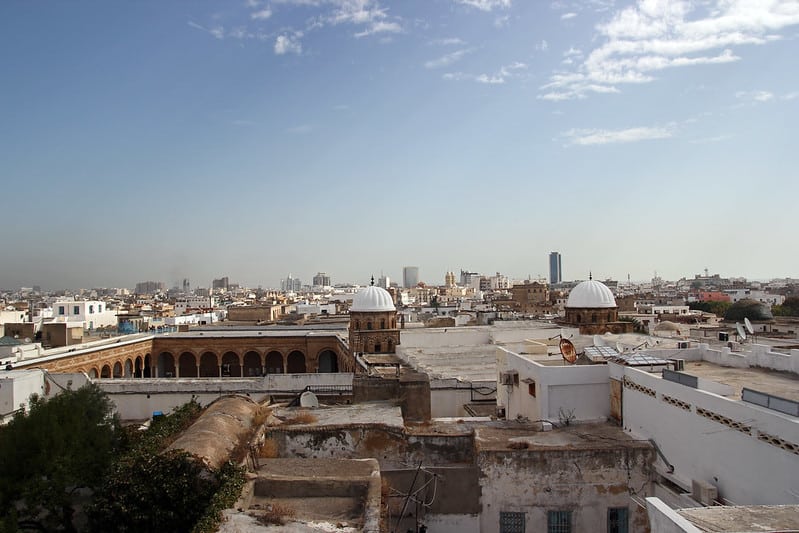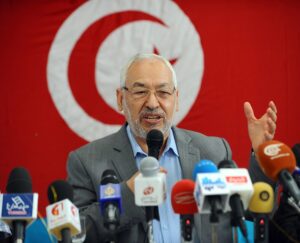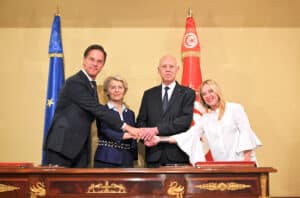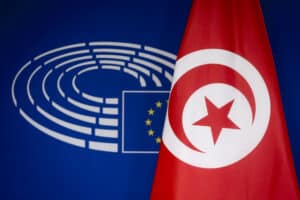On the 29th of September President Kais Saied of Tunisia appointed a new prime minister, two months after firing the previous one and during a crisis following his seizure of powers. The new PM is Najla Bouden Romdhane, a little-known professor of geophysics and with little government experience. She is also Tunisia’s first woman prime-minister, and Saied has said that her appointment honoured Tunisia and was a homage to all Tunisian women.
Bouden will take office at a time of national crisis, with the democracy established in 2011 under increasing pressure. Her appointment is the first apparent step back towards Tunisia’s democratic structures after the start of the current political crisis, but critics remain skeptical.
The start of the political crisis
On July 25, the political crisis attained its current form when President Saied assumed executive authority after sacking the prime minister and suspending parliament. Since then, he has continually lengthened the state of emergency, and last week he brushed aside much of the 2014 constitution, giving himself power to rule by decree.
President Saied has defended his actions by saying that they are needed to address a crisis of political paralysis, economic stagnation and a poor response to the coronavirus pandemic. He has promised to uphold rights and not become a dictator. Nevertheless, critics are skeptical of these promises, and domestic and international pressure to name a government has been mounting. On the 26th of September, public anger erupted in a mass demonstration in the capital Tunis, where thousands of protesters called on Saied to step down.
This move of appointing a new MP seems the first step back in the direction of democracy since the start of the crisis, and seems a direct response to the public protests. Bouden has been tasked with forming a new cabinet as soon as possible “as we have lost a lot of time” according to Saied. The new government’s main mission is to “put an end to the corruption and chaos that have spread throughout many state institutions”, as well as to focus on improving the financial and economic situation.
Bouden’s limited power
It is unclear how much power Bouden will be able to yield in her new post as Prime-Minister. Since his dismissal of the parliament and PM, Saied has issued presidential decrees bolstering his power, giving him near-total political control. Though a new PM has been appointed, a parliament has still not been formed, so there will be no parliamentary approval of the appointment of the prime minister and the future cabinet. In that regard, President Saied remains in power, and the appointment of a prime minister seems a symbolic move.
Sources: AlJazeera, AlJazeera2, Reuters
Photo: Flickr.



